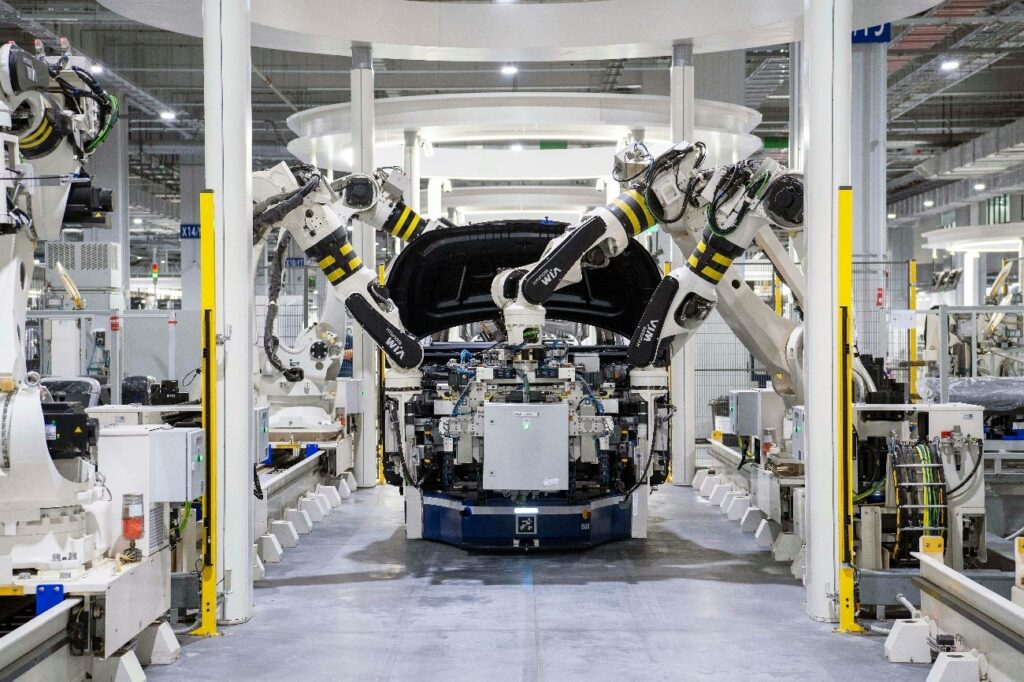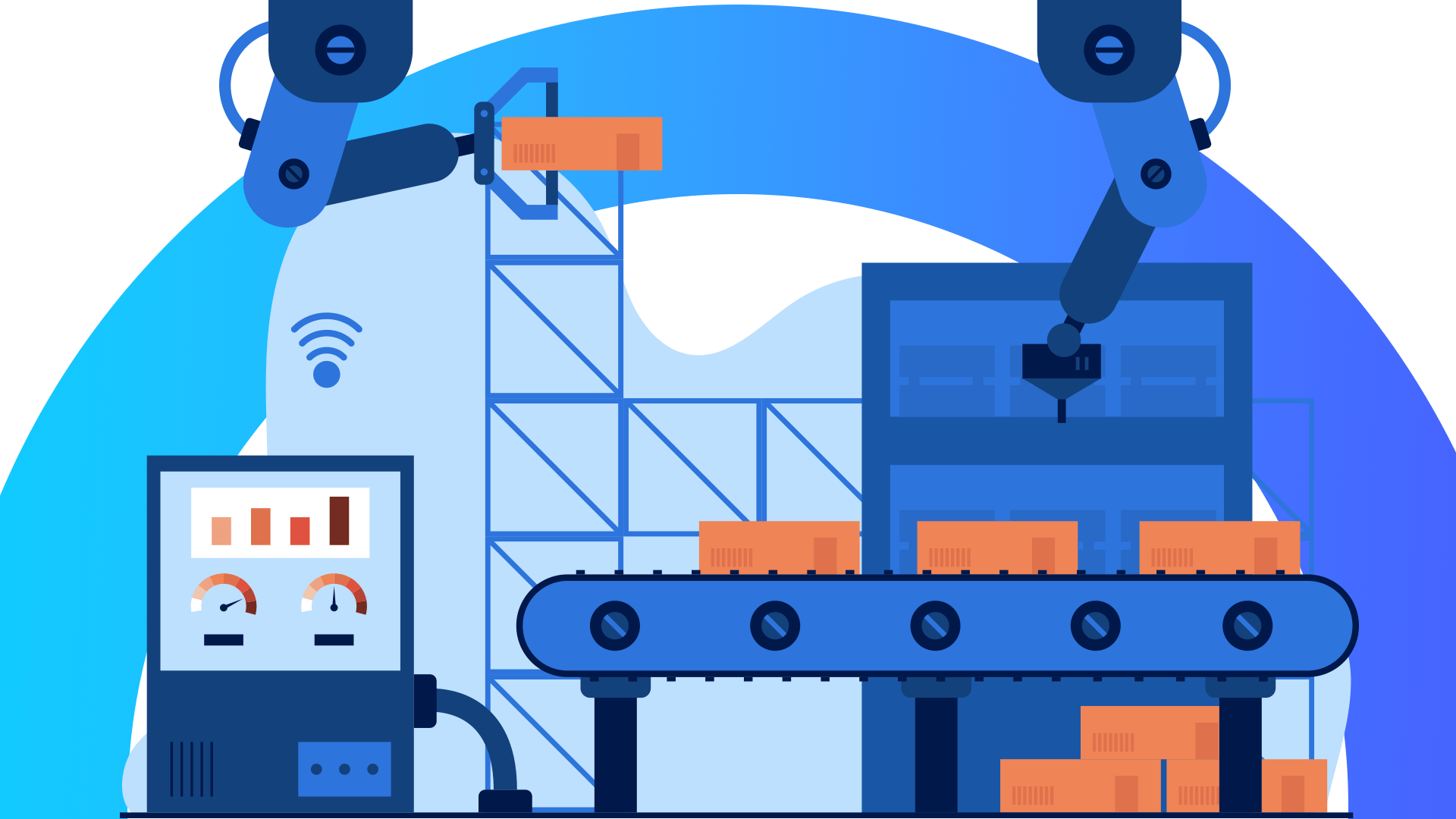Struggling to keep up with the shift to digital manufacturing? Explore the essential digital factory applications that can boost your efficiency and profitability. From predictive maintenance to automation, see if its time embrace the future of smart manufacturing.
Relevance of digital factory applications
The adoption of digital factory applications in manufacturing isn’t just a trend—it’s becoming the standard. Digital transformation activity has been forecasted to growth up to 3.9 trillion USD by 2027.
Nonetheless, difficulties are faced by smaller manufacturers in transitioning to digital operations. This can be credited to extensive training expenses and high initial costs. These obstacles may delay or halt upgrades altogether. Adopting of digital advancements may seem daunting. Does it have to be?
No, as with the appropriate strategy in place manufacturers can gradually incorporate tools that suit their particular operations.

Here are the essential digital factory applications designed to assist manufacturing businesses on their digital transformation journey:
1. Digital performance management
As mentioned above, integrating technology to monitor business metrics is now essential. Digital performance management offers a comprehensive view of operational data, enabling better decision-making.
Utilizing tools like digital dashboards, manufacturers can centralize all their machine performance and production metrics onto one platform. This allows for easier sharing across departments and monitoring real-time data to enhance business processes for increased revenue and customer satisfaction.
2. Predictive maintenance
Traditionally, manufacturers rely on routine checks and scheduled servicing to keep equipment functioning at optimal performance. As we know, preventive maintenance is a fundamental ingredient for business success. However, predictive maintenance has a one up on it, predicting equipment failure by using data-driven insights before it even occurs.
To enable a successful predictive maintenance program, collection of relevant data, its accurate analysis and continuously refining the predictive models is required.
3. Optimizing yield, energy, and throughput
Efficiency is at the heart of manufacturing. Yield, energy, and throughput optimization uses data analysis to find the most efficient production processes. This approach can significantly improve productivity, reduce energy consumption, and boost overall yield.
Begin by analyzing existing production data to understand baseline performance. Collaborate with a skilled consultant to select the right software for monitoring and refining production algorithms. Once set up, establish a pilot program to test the improvements and fine-tune the process.
4. Automation and robotics
Automation has become an integral element of modern manufacturing. Robotics are now playing an essential role in raising production speed and safety. Manufacturers can now reduce costs by automating repetitive tasks, all the while improving quality. This further mitigates risks associated with manual labor.
Before diving into automation, consider the necessary training for your workforce. Employees must understand how to operate and maintain automated systems, which may involve new training or hiring staff with specialized skills. Also, account for the initial investment in automation technology, though rental and leasing options can ease the financial burden. Start with simpler automation projects like material handling or machine tending to gain momentum.
Digital transformation made simple
Digital factory applications bring tremendous benefits to manufacturers, from streamlined operations to cost savings. By taking a phased approach and starting with manageable projects, manufacturers can gradually build a digital ecosystem that enhances productivity and competitiveness. These digital solutions empower manufacturers to implement digital performance management, predictive maintenance, or automated quality control. This allows manufacturers to keep up with the demands of the modern industry.
One such digital automation solution is OmniConnectTM Data Cloud – a comprehensive IT/OT convergence platform. This platform allows manufacturers to benefit from all digital factory applications under a single solution. By sourcing and analyzing data from various sources, such as IoT sensors, third party devices, etc., OmniConnectTM enables informed decision making.
By embracing these digital innovations, manufacturers can position themselves for long-term success. They help drive operational efficiency and maximized profitability in an increasingly digital world.
To learn more about how you can harness digital factory applications through OmniConnectTM, book a demo.



